Understanding Climate Change
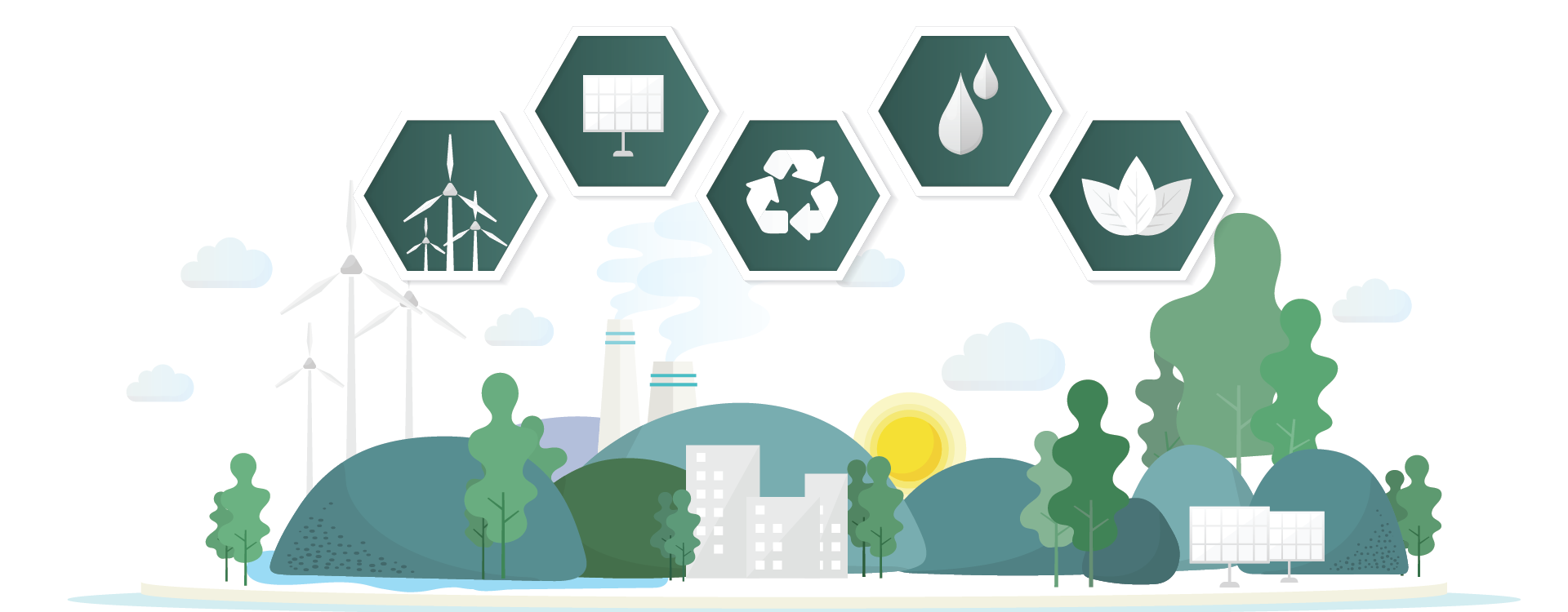
Understanding Climate Change
Climate change is one of the biggest crises facing us today on planet earth. Everyone seems to be talking about it and everywhere we look, there is another news story about the effects of Climate Change. But let’s try to understand exactly what it is.
Is Climate Change not just about the weather?
We all know what weather is, after all, we do spend a lot of time talking about it in this country! Weather refers to the changes we see and feel outside from day to day. So, it may rain one day and be sunny the next. One days it’s quite warm and the next day, much colder.
Climate is the typical weather of a particular place. It can vary from season to season, meaning it’s mostly warm and dry in the summer and cool and wet in the winter.
And of course it can vary from place to place around the world, with different areas an continents experiencing totally different climates at the same time.
But the earth also has it’s own climate – it’s what you get when you combine all the climates around the world together.
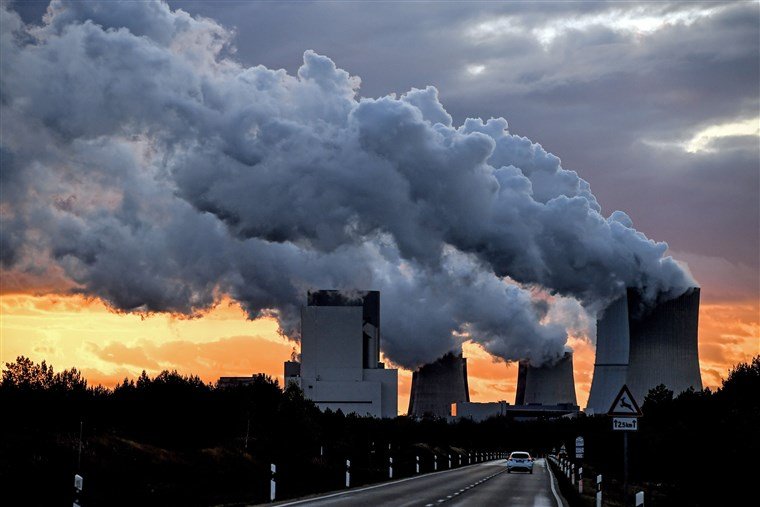
Okay, so what is Climate change then?
Climate change is a change in the usual weather found in a place. This could be a change in how much rain a place usually gets in a year. Or it could be a change in a place’s usual temperature for a month or season.
Climate change is also a change in Earth’s climate. This could be a change in Earth’s usual temperature. Or it could be a change in where rain and snow usually fall on Earth.
Weather can change in just a few hours. Climate takes hundreds or even millions of years to change.
Why are so many people talking about it all of a sudden?
Climate change has become the catch-all term for the shift in worldwide weather phenomena and an increase in global average temperatures.
Temperatures have been going up around the world for many decades and (referred to as ‘Global Warming’). Climate Change is the effect of such increases in temperatures.
Why are things so different now and why are people so worried?
The Earth’s average temperature moves up and down naturally, but it has been increasing more rapidly than it usually does.
This change is impacting on the planet’s environment – which is everything natural around us; rivers, trees, plants, animals…basically, all living things.
But it is not only the temperature that matters, it’s the speed at which it is rising. Since the Industrial Revolution, when humans started creating factories and machines to make lots of products quickly and cheaply, the planet’s environment has changed dramatically.
What are we doing to cause this?
It is a fact that human activity is the main contributor to Climate Change. Here are the main causes.
Waste: This is the big one. As a global nation, we simply produce a massive amount of waste and the earth just has no place to put it all. Plastic, packaging, household waste, food waste – where can it possible all go? Into our land and our oceans unfortunately.
Burning Fossil Fuels: (oil, coal and gas) has taken place for decades to power factories and transportation. This releases harmful chemicals into the atmosphere.
Deforestation: This is the cutting down of trees and forests to make room for bigger cities and places to graze cattle as our demand for beef has increased.
Population growth: As more and more people inhabit the earth, there is more an more pressure put on the planet to feed, house and clothe these extra people. in 1960 (not that long ago!), there were 3 billion people living in the world. Today, there are over 7 billion.
When did this all start?
The Earth’s climate is always changing. There have been times when Earth’s climate has been warmer than it is now. There have been times when it has been cooler. These times can last thousands or millions of years.
But just to focus on today…Reliable temperature records began in 1850 and the Earth’s temperature has gone up about one degree Fahrenheit in the last 100 years. This may not seem like much. But small changes in Earth’s temperature can have big effects.
But this change is even more visible over a shorter time period – compared to average temperatures between 1961 and 1990, 2017 was 0.68 degrees warmer, while 2016 was 0.8 degrees warmer. Scientists believe that this was helped along by the naturally-occurring El Niño weather system.
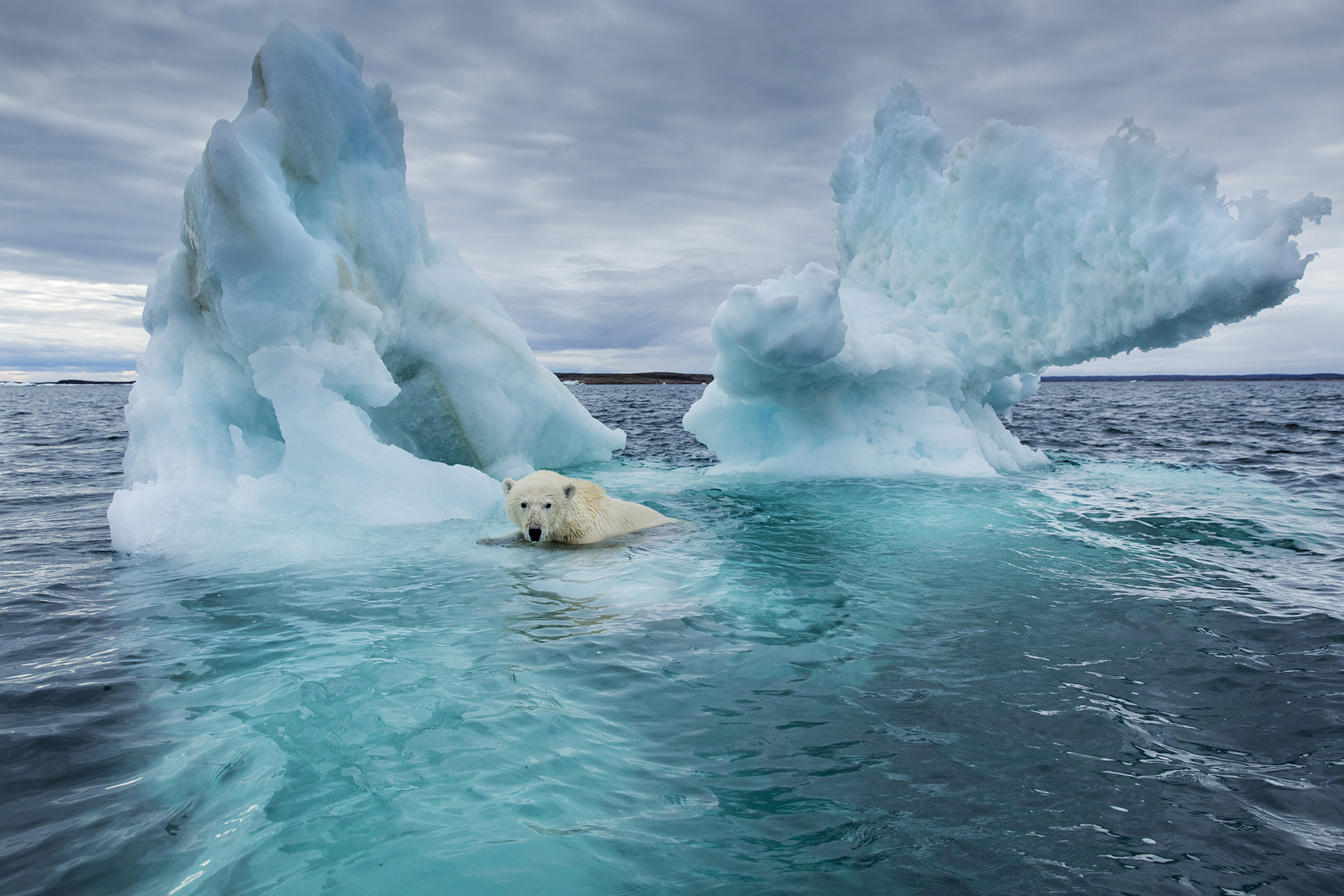
So, is Climate Change all our fault?
While there are lots of natural phenomena that can radically affect the climate, the experts and our scientists overwhelmingly agree that global warming and the climate change we are witnessing today – are the direct result of human activity.
Our Life on Earth is dependent on an atmospheric “greenhouse gasses”. These are a layer of gasses, primarily water vapour, that trap heat from the sun as it’s reflected back from the Earth, radiating it back and keeping our planet at a temperature capable of supporting life.
Human activity is currently generating an excess of greenhouse gasses that – unlike water vapour – don’t dissipate with temperature increases, resulting in a continuing buildup of heat.
Hang on, I don’t understand – What are Greenhouse Gases?
Greenhouse gasses include Carbon dioxide, Methane and Nitrous Oxide. Carbon dioxide is the best-known and occurs with human and animal respiration. Our plantlife them turns this Carbon Dioxide (Co2) into Oxygen for us to breathe. But we are simply creating too much carbon dioxide (eg: the burning of fossil fuels), while deforestation has reduced the amount of plant life available to turn CO2 into oxygen.
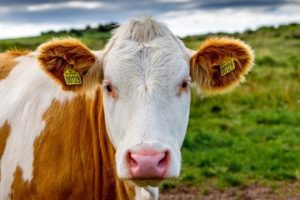 Methane is a more potent but less abundant greenhouse gas, that enters the atmosphere from farming. It comes from animals such as cattle (animal farts = methane!) and arable farming methods including the traditional rice paddies. It also comes from fossil fuel exploration and abandoned oil and gas wells.
Methane is a more potent but less abundant greenhouse gas, that enters the atmosphere from farming. It comes from animals such as cattle (animal farts = methane!) and arable farming methods including the traditional rice paddies. It also comes from fossil fuel exploration and abandoned oil and gas wells.
Chlorofluorocarbons and hydrofluorocarbons (yikes!) are other greenhouse gases that were once widely used in industrial applications and home appliances (such as refrigerators) during the 20th century, but are now heavily regulated due to their severe impact on the atmosphere.
So, what does this mean for all of us?
The effects of human-caused climate change ranges from small changes to more Global issues. We are experiencing more frequent and severe droughts than ever before and seeing more extreme winter weather in temperate regions as a result of warming Arctic weather fronts.
But it’s not only humans that are affected. Warming ocean temperatures are increasing the frequency of coral reef bleaching. Warmer, drier weather means that forests in some regions are no longer recovering from wildfires and therefore wildlife habitats around the world are becoming less hospitable to animals.
Climate change is having economic and socio-political effects, too. Food security is already being impacted in a number of African countries and researchers are studying suggestive links between climate change and an increased likelihood of military conflict.
We’re already seeing the first climate refugees as people are displaced by rising sea levels, melting Arctic permafrost and other extreme weather.
Are people still saying that Climate Change doesn’t exist?
For many years, oil companies were heavily invested in saying that fossil fuels did not have an impact on climate change. In some cases, they bought advertising and funded organisations to cast doubt on climate change, even while their own research conclusively showed that fossil fuels are a major contributing cause of climate change.
But today, most of these giant corporations will publicly acknowledge the role that fossil fuel use has played in changing our climate.
Is it too late for us to stop Climate Change?
Even if we stopped emitting greenhouse gases today, global warming would continue to happen for at least several more decades, if not centuries.
That’s because it takes a while for the planet (for example, the oceans) to respond, because carbon dioxide lingers in the atmosphere for hundreds of years. There is a time lag between what we do and when we feel it.
But it may not be too late to avoid or limit some of the worst effects of climate change.
Okay, so what can we do?
The first thing we must all do is to REDUCE the flow of Greenhouse gasses into the atmosphere. The second is that we must find a way to ADAPT to the climate change that has already been set in motion.
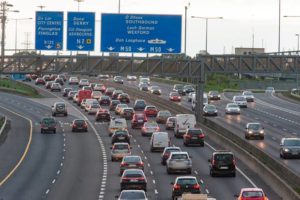
Recycling more of the stuff we use everyday and driving more fuel-efficient cars are examples of important behavioral change that will help, but they will not be enough.
The real solution will require both a globally-coordinated response (such as international policies and agreements between countries, a push to cleaner forms of energy) and local efforts on the city- and regional-level (for example, public transport upgrades, energy efficiency improvements, sustainable city planning, etc.). It’s up to us what happens next.
Global efforts are now focused on keeping temperatures from increasing further. That goal may be possible if the international community pulls together.
The key to helping to by effecting small changes in your everyday life.
We hope that Wasted.ie will help support you in these efforts and show you practical ways to make a contribution to this global issue.
